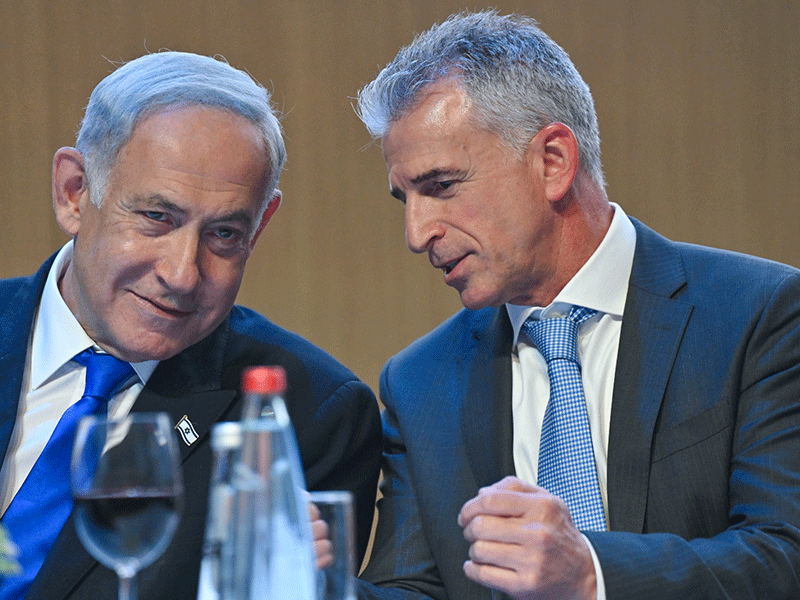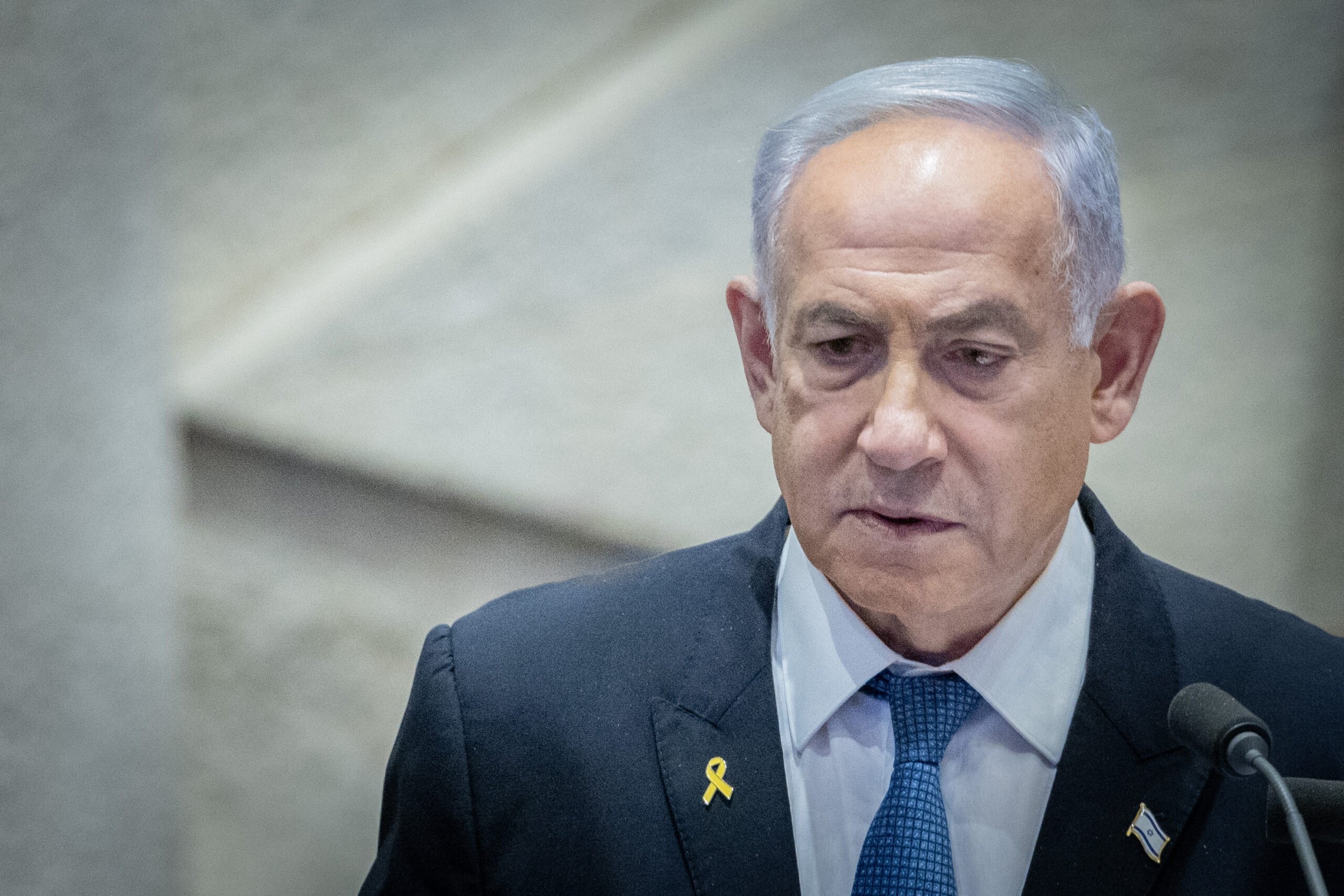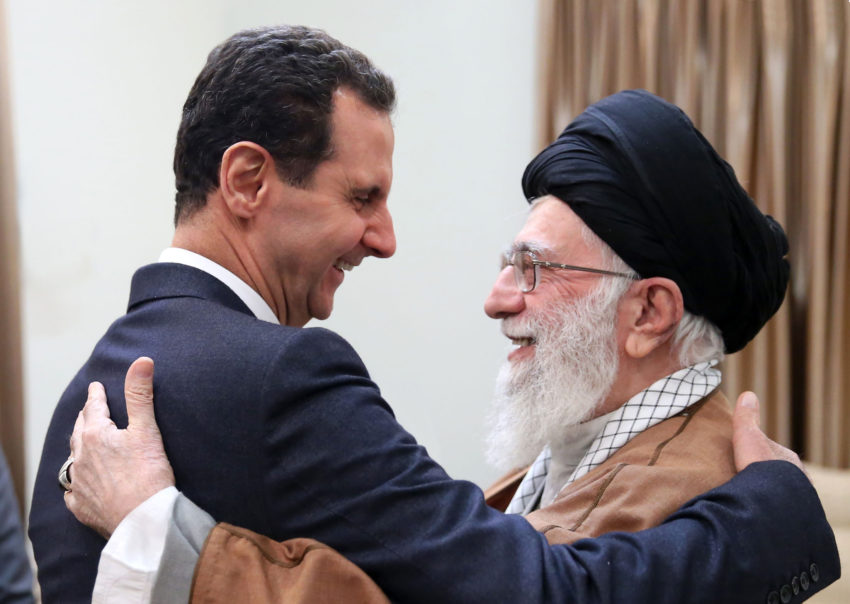ARTICLE AD BOX
Fuad Shubaki devoted his life to financing the bombers, snipers, grenade-hurlers, stabbers and rock-throwers waging nonstop jihad against Israel.
By Moshe Phillips, JNS
If there was one terrorist whose life epitomized the Arab war against Israel and shattered the illusions fostered by the Oslo Accords, it was Fuad Shubaki, who died this week at the age of 83.
Shubaki was born in Gaza in 1940. Note that the Jews didn’t rule Gaza in those days (the British did), so Gazans didn’t demand a Palestinian state and didn’t organize any movement for independence. The next occupier was Egypt.
The Egyptians illegally occupied Gaza in 1948 and ruled it for the next 19 years—yet still, there was no uprising against an occupation.
According to the Palestinian Authority’s Wafa news agency, Shubaki “was one of the first to join the Palestinian fedayeen movement in the mid-1960s.”
Remember, there were no settlements or Israeli-occupied territories in those days. The territory that Shubaki and his fellow terrorists were trying to “liberate” was pre-1967 Israel.
The exact extent of Shubaki’s personal involvement in terrorism may never be known, but it is clear from his Wafa obituary that he was involved in many attacks. The news outlet put it this way: “He underwent training in the camps of the Palestinian revolution and participated in its battles.”
Shubaki gradually rose through the terrorist ranks. He was invited to serve on both the Palestinian National Council and Fatah’s Revolutionary Council. He became a senior aide to PLO chief Yasser Arafat, and Arafat appointed him to manage Fatah’s “military financial administration,” Wafa’s euphemism for arranging the financing to murder Israeli Jews.
When Arafat tried to take over Jordan, Shubaki was by his side. When Arafat and his guerrillas were expelled by Jordan and tried to take over Lebanon, Shubaki was there, too.
When Israel succumbed to U.S. pressure to let Arafat and his senior terrorists escape Beirut in 1982 and set up bases in Tunis, Shubaki was among them.
From Gaza to Jordan to Lebanon to Tunisia, Shubaki devoted his life to financing the bombers, snipers, grenade-hurlers, stabbers and rock-throwers waging nonstop jihad against Israel.
Then came Oslo. Arafat, Mahmoud Abbas, Shubaki and their colleagues announced they would live in peace with Israel.
They signed the first Oslo agreement in 1993. They signed Oslo II in 1995. They promised to give up terrorism, to arrest and extradite terrorists, and to stop teaching anti-Jewish hatred in their schools.
The Jewish world was deeply divided. Optimists insisted that Arafat could be trusted; he was laying down his arms. Others said he couldn’t be trusted; he would use front groups to continue terrorism and would never keep his Oslo obligations.
As the months passed, the pessimists’ worst fears began coming true. Terrorism resumed. Arafat refused to use his new Palestinian Authority security forces to take action against Hamas.
Arafat’s Fatah set up thinly disguised front groups, such as the “Fatah Hawks” and the “Al-Aqsa Martyrs Brigade” to carry out attacks. Israel’s requests to extradite terrorists were ignored. A revolving-door “prison” was used by the P.A. when it wanted to pretend it was “detaining suspects” but really setting them free.
Arafat’s incitement also continued unabated. There was the infamous “jihad speech” (there were actually many).
There was the “Abir and Dalal speech” (there were many of those, too), in which he presented Arab women terrorists as role models for Palestinian Arab girls to emulate. Another generation of young Arabs was being raised to hate and kill Jews, Oslo or no Oslo.
At the center of it all was Fuad Shubaki, the master financier who made sure that funds were always available to keep terrorizing Israel.
Early on the morning of Jan. 3, 2002, the Oslo myth exploded. Israeli forces intercepted the Karine A, a ship carrying 50 tons of weapons bound for the Gaza Strip. Shubaki had purchased them from Iran. Hezbollah terrorists in Lebanon packed them.
Fifty tons—100,000 pounds!—of Katyusha rockets, mortar shells, Kalashnikov rifles, sniper rifles, anti-tank missiles, anti-tank mines and ammunition, as well as several tons of explosives.
So Arafat, Abbas and Shubaki—the “men of peace”—were stocking up for war. Oslo had been a ruse. They had never intended to live in peace with Israel.
The accords were just a means of gaining control of Gaza and the major Palestinian Arab cities in Judea and Samaria; creating a de facto army posing as a security force; sheltering fugitive terrorists; and building up a huge arsenal of weapons.
Shubaki was finally captured by the Israelis in 2006. During questioning, he revealed that the P.A. directly funded terror cells; that the P.A. spent between $7 million and $10 million every two years to buy weapons for terrorists in Gaza, and an additional $2 million for weapons used by terrorists in Judea and Samaria.
Shubaki was sentenced to 20 years in prison but released after 17 due to his age and health, an Israeli gesture of compassion that Shubaki and his fellow terrorists never showed to their Israeli victims.
Future historians could use Shubaki’s life as a case study for explaining the Palestinian-Arab war against Israel. Everything you need to know about the P.A. leadership’s strategy, tactics and true intentions can be found there.

 1 day ago
14
1 day ago
14









 English (US) ·
English (US) ·